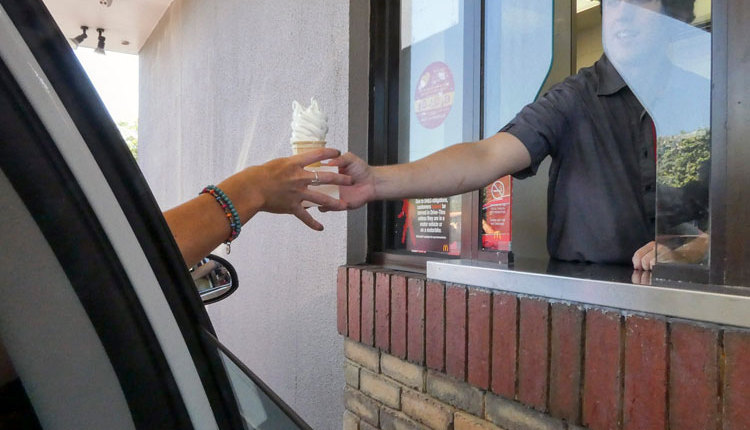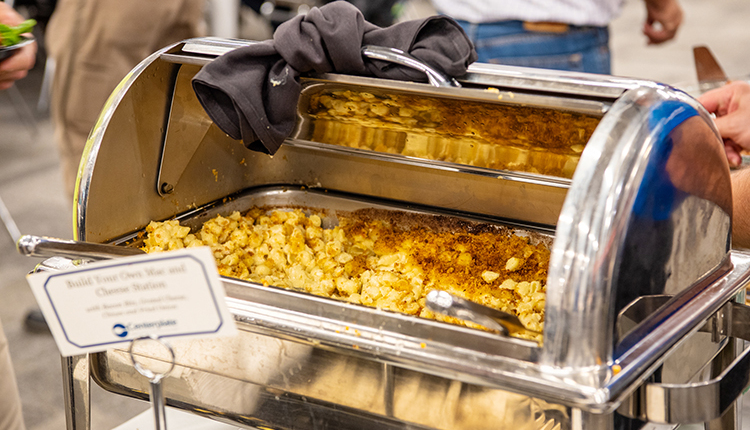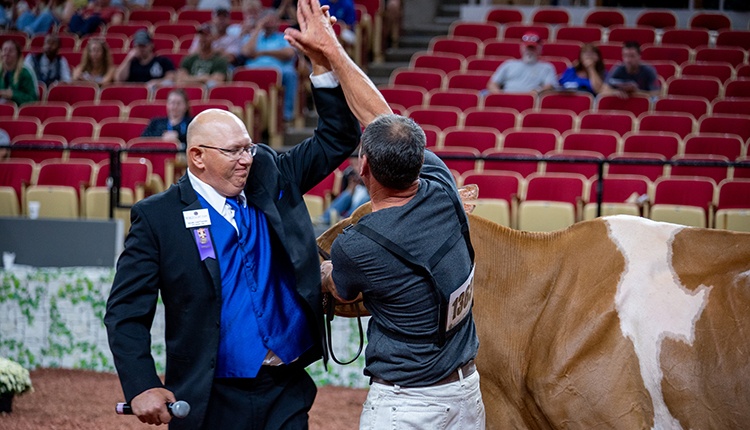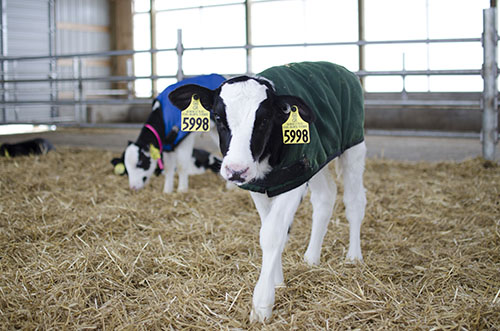
Not all colostrum is created equally. New research from the University of New Hampshire confirmed that colostrum quality is correlated to the age of the cow; on average, colostrum improves with each lactation.
The researchers found that time of year matters, too. In their study of New Hampshire dairy farms, the poorest quality colostrum was produced during the winter. Why is that? Their theory is that in warmer weather, the cow's blood vessels dilate, causing them to be more permeable to IgG. This improved permeability of the blood vessels may lead to better colostrum.
Of course, there are other factors discovered in previous studies that can impact colostrum quality as well. Some examples are first milking volume, length of dry period, dry cow nutrition, timing of first milking, and the cow's immune status.
While indicators such as time of year and number of lactations can help estimate colostrum quality, more accurate measurements of IgG can be obtained using a colostrometer or refractometer. While these devices are fairly easy to use and relatively inexpensive, their presence on farms is low. According to USDA data, just 5.7 percent of farms use a colostrometer to measure colostrum quality.
If you are not already, consider adding one of these tools to your colostrum collection protocol. This data can help you determine which colostrum to feed, which colostrum to keep, and which colostrum to dispose of due to low quality. The addition of this step can help ensure that the first feeding really is the most important feeding in a calf's life.
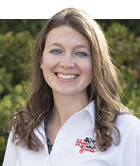
The author is an associate editor and covers animal health, dairy housing and equipment, and nutrient management. She grew up on a dairy farm near Plymouth, Wis., and previously served as a University of Wisconsin agricultural extension agent. She received a master's degree from North Carolina State University and a bachelor's from University of Wisconsin-Madison.






